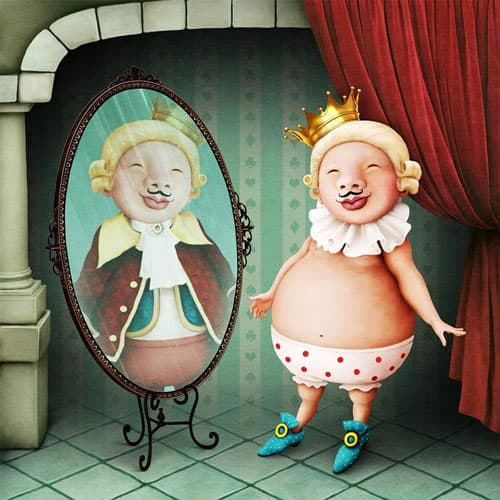Potato, potato. Nitpicking on semantics does not alter that fact that physics work, and that physics is an extremely good approximation to observed reality. If it “has utility, value”, it works. If it didn’t work, you could not have typed your postings on this forum, you could not have navigated with GNSS with your car (whether it’s an EV or has an IC engine), and you could not use electricity generated by a nuclear power plant.
Having studied physics myself, and having worked professionally within the field for decades, I am no stranger to it. Whether the Copenhagen interpretation or any other interpretations are ones that reflect reality best when you go down to the very nitty gritty details is only of concern to the active research front of QM, cosmology, and mathematical physics.
No “knowledge” derived from any religious texts or faiths (to the infinitesimal degree one can call it knowledge, full as is it is of highly subjective and imaginative interpretations) can come even close to rival the level of detail we can describe the world we live in better than the natural sciences can do. That very fact alone tells us a whole lot about the applicability of religion to describing reality.
It certainly is within the domain of the sciences. Even though you claim to have studied physics and should now better, it seems like you think the sciences are detached from the real world and empirical data. If physics did not “work” and did not “reflect reality” and empirical data, noone would be interested in hiring and paying scientists to do work in their fields. Last time I checked (looking at my paycheck), employers were very interested in the output of science. So by these empirical data alone, I trust that science do, in fact, reflect reality and describe the world around us in the best possible way we can. But can we do better? Yes, of course, that’s why we still keep doing science. And that’s one of the biggest differences between science and religion, namely that religion stick to bronze age superstitious dogma, while science develops to reflect our still improving knowledge of the world around us.
You can do all sorts of philosophical exercises with religious dogmas, but it all boils down to whether it tells us something about the physical world. No matter how much you want to believe in those myths based on bronze age superstition, it’s not woth one iota of actual knowledge as long as it does not reflect the observable world and empirical data. If it conflicts with empirical data, it is wrong.
Actually, the question is whether religion can tell us anything empirically testable at all about our physical world. If it can, fine. If it can not, then its truth value is on the level of myths, faery tales and imagination. So far, I’ve not seen any religiously based arguments that have given us new knowledge about the physical world we live in. So I withhold my belief in religion.

